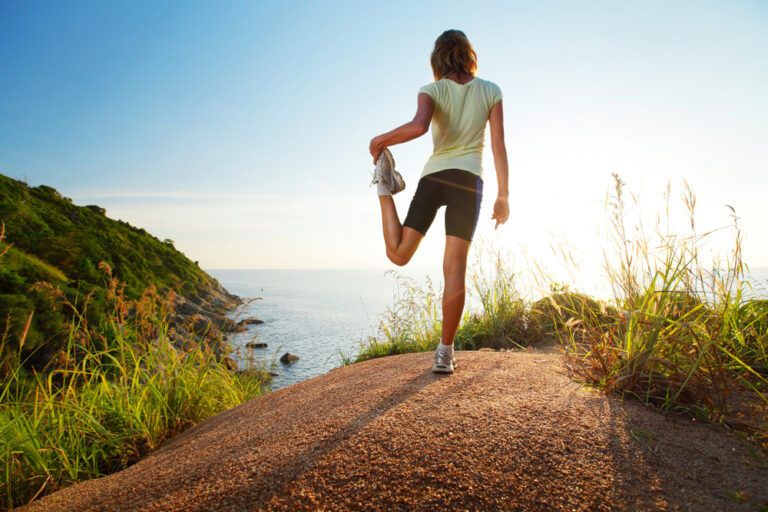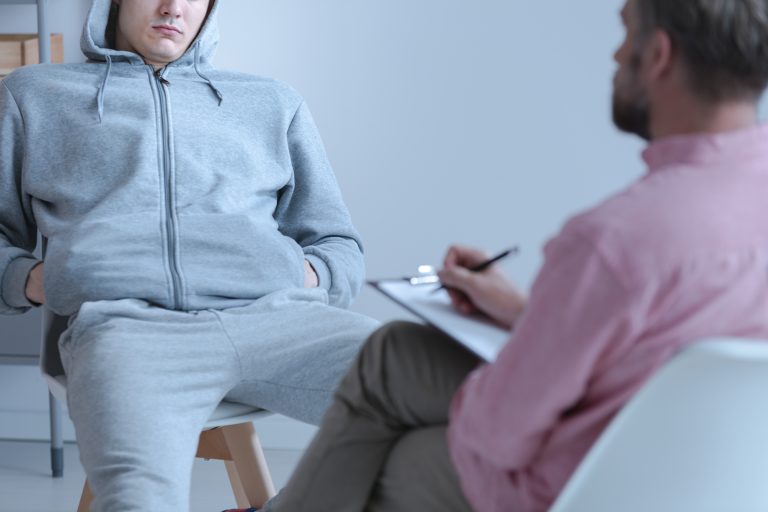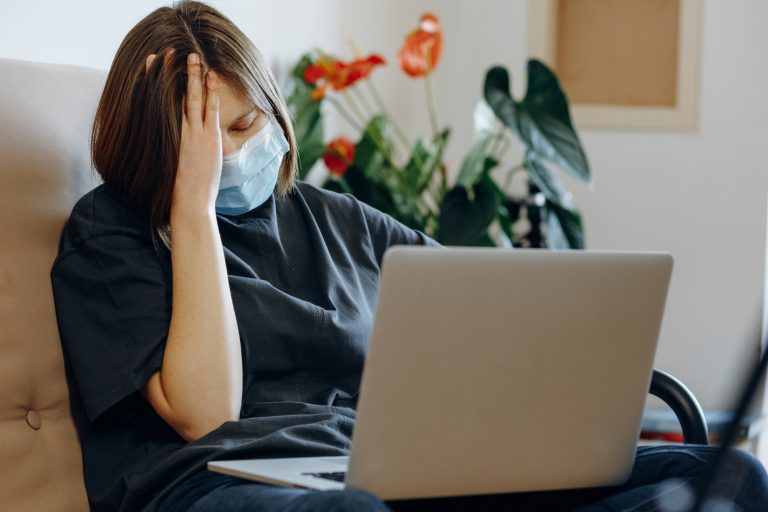There are lots of natural remedies promoted for depression – but that does not mean they actually work. For example, regarding herbal remedies, the National Institutes of Health cites a large 2018 study (Yeung, Hernandez, et al) which concludes available evidence suggests there is some “utility of some herbal medicines in mitigating anxiety and depression, but conclusive data to show superiority in benefit/risk ratio of these products over current pharmaceuticals are lacking.”
While there are some studies that show utility for supplements, the Mayo Clinic reminds us that supplements are not monitored by the FDA the same way that medications are and therefore it’s very difficult to know exactly what you’re taking – regardless of what it says on the label. Also some herbal and dietary supplements are actually known to interfere with prescription medications or cause dangerous interactions. Consulting with your doctor is always the best course of action before taking these products.
In April of 2022 researchers found that people who accumulated half the recommended amount of physical activity had an 18% lower risk of depression compared to adults with no activity. Those who accumulated the recommended hours had a 25% lower risk of depression. Interestingly they also discovered that benefits of exercise diminished above that level. And The Journal of Affective Disorders published a study of individuals in a geographic area where sun time vacillates significantly and concluded that sunlight can indeed lift mood. The researchers specifically concluded that “increased mental health distress was found during periods of reduced sun time hours.”






